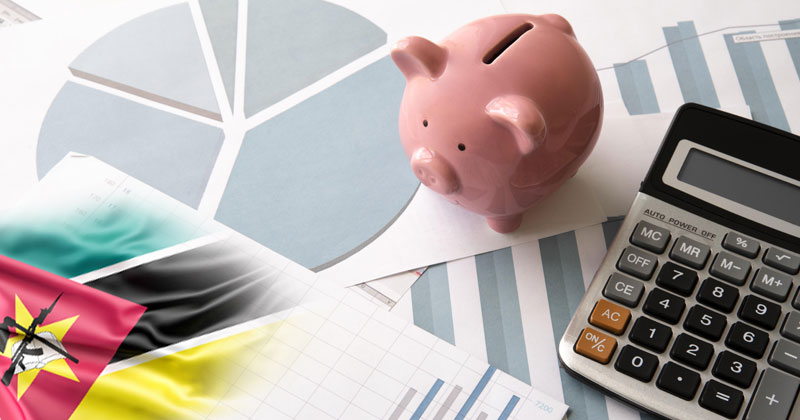Amendments to the Code of Excise Duty in Mozambique
03 Mar 2023


The Government has submitted to Parliament the proposed revision of the Excise Tax Code, as it considers that it is out of line with current requirements. This draft law arises under the tax reform that the Government is promoting, in order to broaden the tax base and promote conditions for the increase of investments for economic activities in Mozambique, with emphasis on industrialisation.
In the proposed revision, the Government explains that the Tax on Specific Consumption (ICE) is levied on goods of special consumption, which recommend differentiated treatment, namely those considered harmful to public health and the environment articles, such as plastics, luxury or superfluous articles, with emphasis on alcoholic beverages (wines, beers, spirits and others), non-alcoholic drinks with added sugar or other sweeteners, tobacco products (cigarettes, cigarillos, cigars and others), motor vehicles, perfumery and cosmetic products, jewellery, works of art and some sports equipment, with these goods, for the reasons mentioned above, being advisable, besides the general taxation under Value Added Tax (VAT), special taxation under ECI.
Due to the COVID-19 pandemic, it was not possible to amend the above legal provision for the period 2021-2023. However, through Law No. 15/2020 of 23 December, the validity of the tax rates was extended from the year 2020 to the biennium 2021-2022.
Accordingly, on 29 December 2022, Law No. 19/2022 was published, repealing Law No. 17/2017 of 28 December and approving the new Excise Tax Code ("ICE"), which came into force on 1 January 2023.
With the approval of Law 19/2022, of 29 December, the following main changes were introduced:
- Reduction of the minimum quantities of products to be considered in the substantiation of the criteria for the taxation of goods held in national territory, for commercial purposes.
- Introduction of the mechanism for offsetting the ICE paid on the production of demijohns, bottles and flasks (PET) and plastic bags when the producer carries out local recycling activities of these products on its own account. This mechanism will be defined in the Regulations to the Law to be published within 90 days from 1 January.
- The total value of the customs duties actually paid will no longer be considered in the tax base of the ICE on importation or exit from the special customs regime, and the tax base will now be limited to the customs value of the goods.
- Inventory shortages are now considered as admissible losses or shortages, the difference for less, up to a limit of 5% for finished products, maintaining admissible losses for alcohol or its derivatives (limit of 7.5 per thousand of the volumes).
- Exemption from ICE on certain alcoholic beverages when used as raw material in the manufacture of certain products.
- Addition of rules related to non-alcoholic beverages with added sugar or other sweeteners:
- Incidence of ICE on non-alcoholic beverages intended for human consumption, added with sugar or other sweeteners, with added sugar content equal to or greater than 4gr/100ml;
- The amount of added sugar is expressed in grams contained in 100 ml of soft drinks or juices;
- Introduction of formulas for calculating the value of the ICE, which is obtained by multiplying the rate by the quantity of the good, (beer, wine, spirits, juice or soft drink) in the unit of taxation provided for in litres, and by the quantity of alcohol expressed in volume, or sugar expressed in grams
- Alteration to the rates applied to new production units of alcoholic and non-alcoholic beverages with added sugar or other sweeteners in the first three years of production from the date of commencement of activity:
- 1st year - rate increase from 20% to 30%
- 2nd year - rate reduction from 25% to 20%
- 3rd year - rate reduction from 30% to 10%.
- Reduction of the ICE rate by 75% for locally manufactured alcoholic and non-alcoholic beverages with added sugar and other sweeteners and tobacco, which incorporate 50% or more locally produced raw materials.
- Introduction of new incidence and tax liability rules for fuel taxation, including a rate reduction of up to 50% for certain activities.
- With the amendment of the ICE code, the specific rates that were previously fixed as a result of the extension of the application of the rates from 2020 to 2021 and 2022 will now be gradual for 2023, 2024 and 2025.
- Specific rates have also been introduced for some goods for which only ad valorem rates were provided for.
For further information, please consult the decree here.